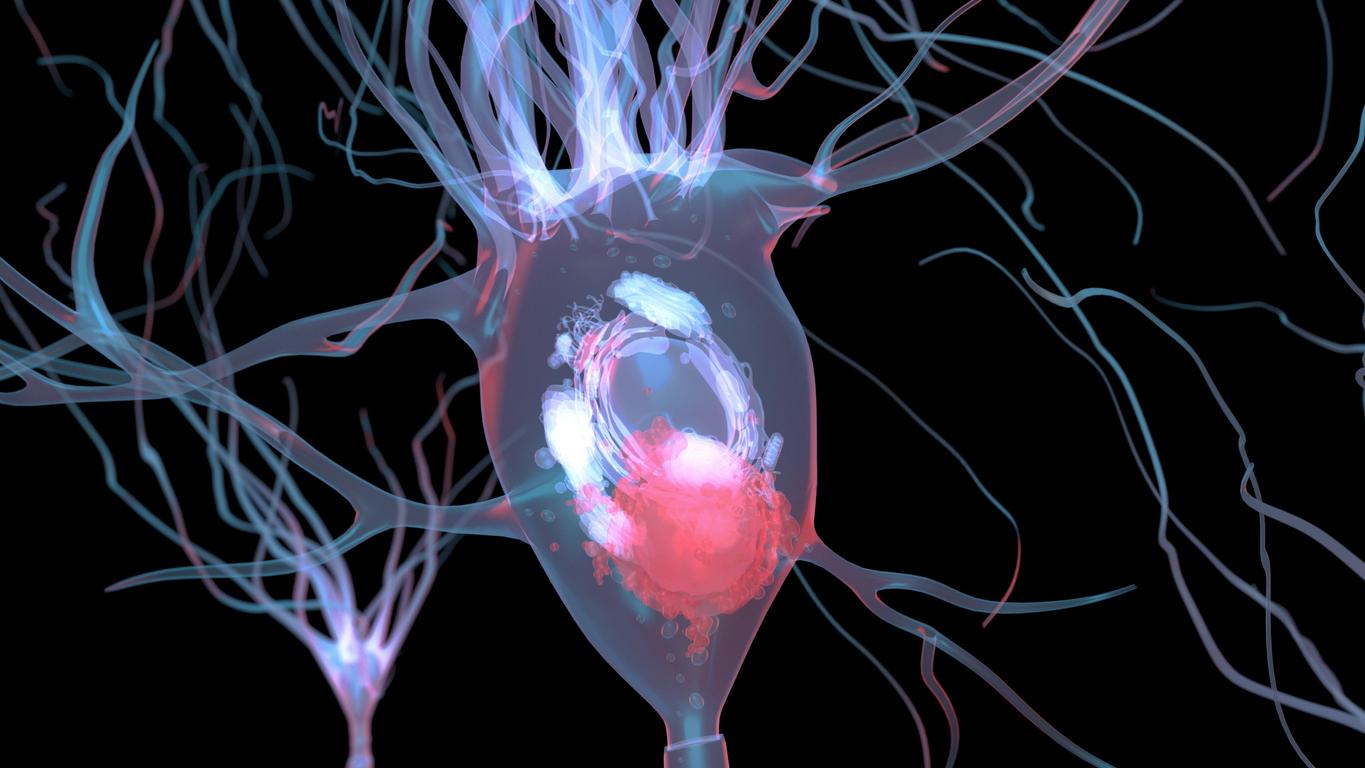A 19-year-old man is affected by Alzheimer’s disease, the youngest case affected by this neurodegenerative disease worldwide.

- A 19-year-old Chinese man has become the youngest patient in the world to be diagnosed with Alzheimer’s disease.
- However, the young man does not carry a genetic mutation linked to Alzheimer’s disease.
- Alzheimer’s disease generally affects people over the age of 65.
Alzheimer’s disease is a neurodegenerative disease that results in irreversible cognitive decline. This condition mainly affects people over the age of 65, but it happens that younger patients are affected by Alzheimer’s disease.
A “significantly” impaired memory in a young patient
In a new study published in the Journal of Alzheimer DiseaseChinese researchers have reported that a 19-year-old man has become the youngest patient to be diagnosed with Alzheimer’s disease.
For almost two years, the young man has suffered from symptoms related to degeneration such as memory loss, difficulty concentrating and reading. When he met the researchers from the Beijing Capital Medical University (China), he could not remember his dinner the day before and had to drop out of his last year of high school.
During the study, scientists performed a series of cognitive tests to identify biomarkers linked to Alzheimer’s disease. The patient has, for example, listened to and repeated lists of words after a long or short delay. They then found that his memory was “significantly” impaired.
Alzheimer’s disease: an absence of genetic mutation
There is a genetic predisposition in the onset of Alzheimer’s disease. To rule out this risk factor, the study authors performed sequencing of the patient’s genome. This examination revealed that the young man did not carry a genetic mutation associated with the degenerative pathology. This is an extremely rare case.
Through tests and scans, the researchers noticed that the young man’s hypothalamus, a gland that regulates the body’s physiological functions, was atrophied. The accumulation of the p-tau181 protein within neurons as well as amyloid plaques in the brain are generally the two biomarkers responsible for the atrophy of the hypothalamus caused by Alzheimer’s disease.
During the research, a high concentration of the protein p-tau181 was observed in the cerebrospinal fluid (CSF) of the patient. However, the researchers did not identify any amyloid plaques or high levels of tau protein within the young man’s brain. For scientists, the diagnosis of Alzheimer’s disease remains justified, even in the absence of biomarkers in the brain, because a high level of tau protein in the CSF can be a warning sign of the pathology.


















